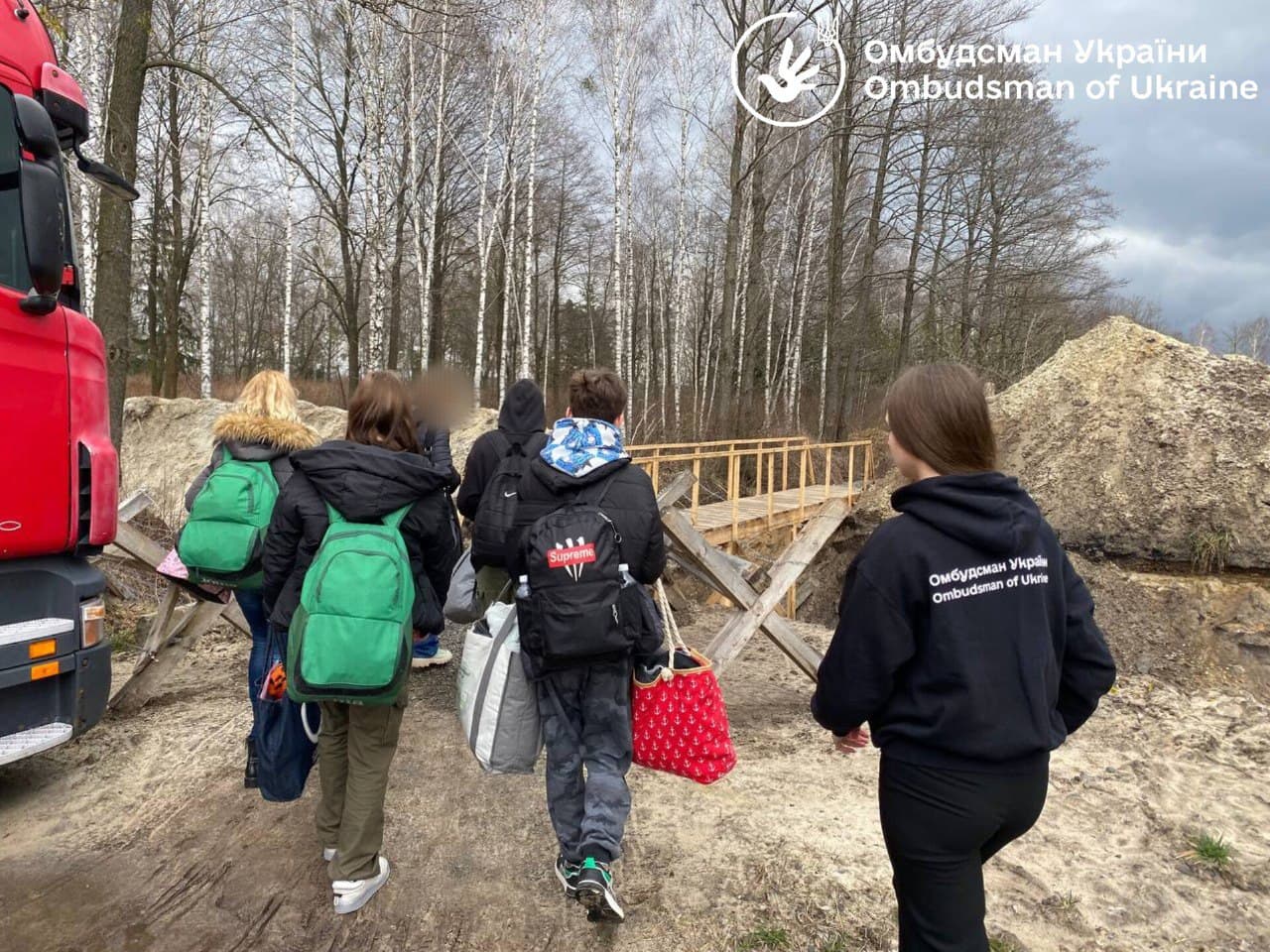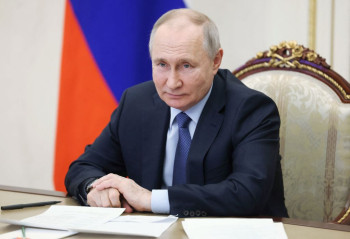Ombudsman: Ukraine returns 15 children

Ombudsman Dmytro Lubinets reported on March 21 that 15 children from formerly-occupied territories of Kharkiv and Kherson oblasts were returned to Ukraine.
"Finally home! Despite all the challenges, we continue to work so that Ukrainian children have the opportunity to see their relatives and be on their land," Lubinets wrote.
According to Lubinets, Ukraine has been able to bring back 308 children that were forcibly relocated by Russia.
More than 16,000 have been taken by Russia since the start of the full-scale invasion, according to the government website Children of War.
Michael Carpenter, the U.S. Ambassador to the OSCE, said on Jan. 13. that Russia had reportedly abducted as many as 2,000 children from Ukraine into Russia.
The international community is taking steps to punish Russia for the crime of illegally transporting Russian children.
The International Criminal Court (ICC) issued on March 17 arrest warrants for Russian President Vladimir Putin and Maria Lvova-Belova, the Russian official allegedly overseeing the forced deportations of Ukrainian children to Russia.
In its statement, the ICC writes that it believes Putin “bears individual criminal responsibility” as the leader of Russia for the crimes committed against Ukrainian children.
Russia has not been party to the ICC treaty since it withdraw in 2016 following criticism of its illegal annexation of Crimea. This means that Putin and Lvova-Belova can only be arrested in one of the 123 countries that are signatories.
However, as President Volodymyr Zelensky said in a March 19 video address, the arrest warrant issued by the ICC is a “turning point” in Russia's war against Ukraine.
After this legal step, “it becomes undeniable that the end of this aggression for Russia will be the full range of its responsibility,” he said.











